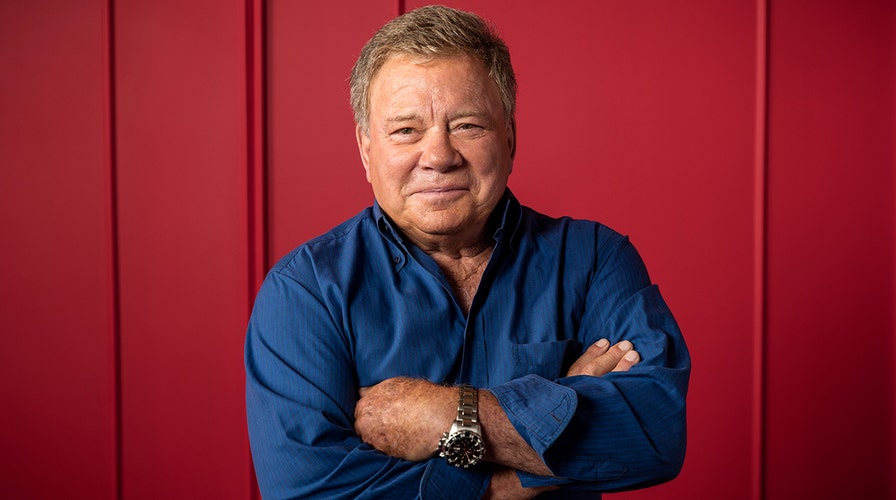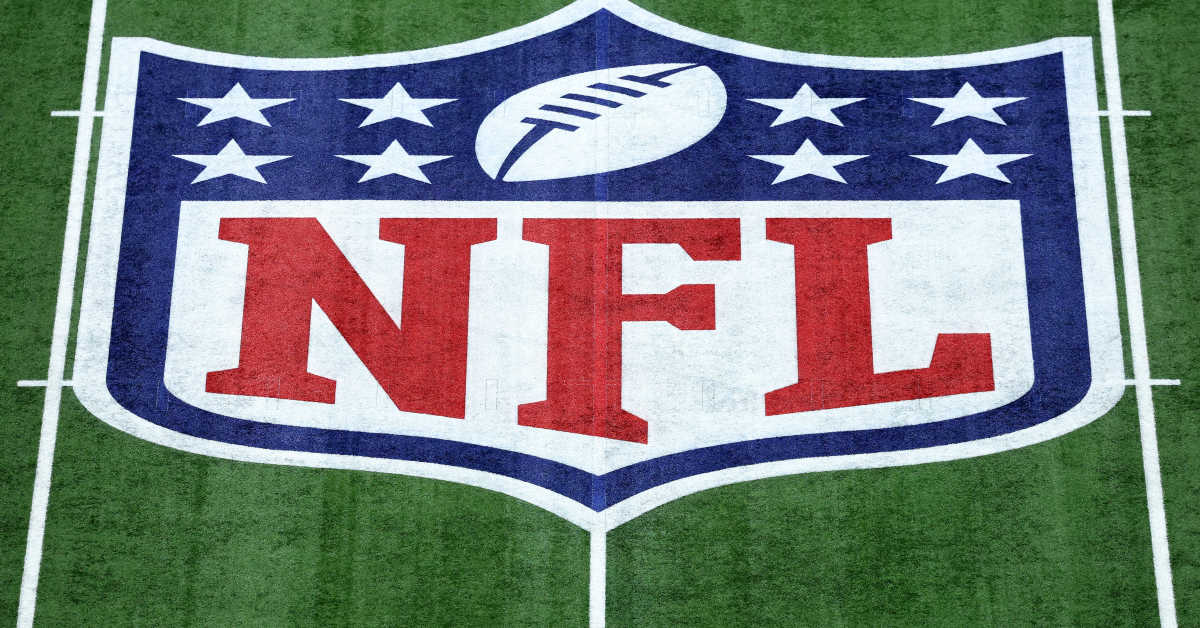RFK Jr.'s Vaccine Claims Threaten Public Health: Why His Disinformation is Dangerous

Vaccines represent a triumph of scientific innovation and a cornerstone of public health. They have eradicated or significantly reduced the incidence of devastating diseases like polio, measles, and rubella, protecting countless lives and preventing widespread suffering. The success of vaccination programs is built on a foundation of rigorous scientific research, clinical trials, and ongoing monitoring to ensure safety and effectiveness. However, this foundation is now being challenged by a growing wave of misinformation, amplified by influential figures like Robert F. Kennedy Jr.
Kennedy Jr. has repeatedly questioned the safety and efficacy of vaccines, promoting unfounded theories linking them to autism, autoimmune disorders, and other health problems. These claims have been widely debunked by the scientific community, including organizations like the Centers for Disease Control and Prevention (CDC), the World Health Organization (WHO), and the National Institutes of Health (NIH). His arguments often rely on cherry-picked data, misinterpreted studies, and conspiracy theories that lack credible scientific support. He frequently cites discredited research and promotes anecdotal evidence over established scientific findings.
The consequences of eroding public trust in vaccines are far-reaching. Declining vaccination rates, fueled by misinformation, are leading to resurgences of preventable diseases. We've already witnessed outbreaks of measles in communities with low vaccination coverage, resulting in hospitalizations and even fatalities. Furthermore, reduced herd immunity puts vulnerable populations at risk, including infants too young to be vaccinated, individuals with compromised immune systems, and the elderly. The spread of vaccine hesitancy also undermines global efforts to eradicate infectious diseases, hindering progress towards a healthier world.
It's crucial to emphasize that the overwhelming consensus among scientists and medical professionals is that vaccines are safe and effective. Extensive research has consistently demonstrated that vaccines do not cause autism or other serious health problems. While vaccines, like any medical intervention, can have side effects, these are generally mild and far less severe than the risks associated with contracting the diseases they prevent. The benefits of vaccination far outweigh the risks.
Addressing the spread of vaccine misinformation requires a collective effort. Healthcare providers, educators, and public health officials must actively engage in clear and transparent communication, providing accurate information and addressing concerns with empathy and respect. Social media platforms have a responsibility to combat the spread of false and misleading information on their platforms. Individuals can play a role by critically evaluating information sources, relying on credible sources of information, and sharing accurate information with their networks. Protecting public health is a shared responsibility, and it requires a commitment to evidence-based decision-making and a rejection of baseless theories and junk science.






